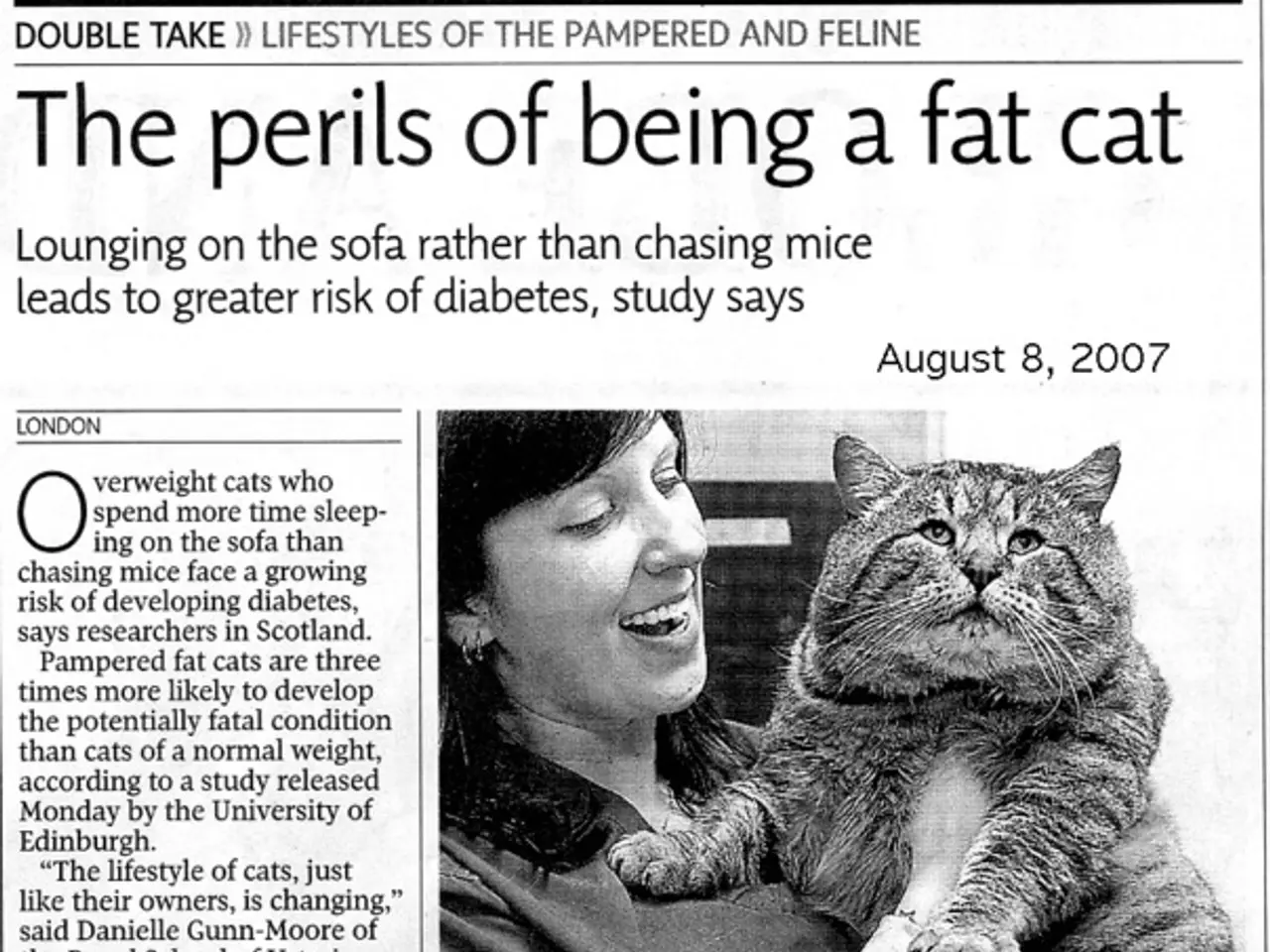Uncovering Post-Traumatic Stress Disorder Caused by Sexual Violation
In the face of sexual assault, it's essential to know that help is readily available. The National Sexual Assault Telephone Hotline (1.800.656.4673) is a valuable resource, offering not only phone support but also live chat services.
Healing from such trauma is a journey that requires time, support, and self-compassion. Self-care plays a crucial role in this process. Keeping a routine, staying active, journaling, meditating, breathing exercises, and other relaxation techniques can help individuals navigate their healing journey.
When it comes to professional help, reaching out to a hotline, healthcare provider, or counselor can be a powerful first step. Therapies such as Cognitive Behavioral Therapy (CBT) and Prolonged Exposure Therapy (PE) can provide effective support.
CBT is a therapy that helps change negative thoughts, enabling individuals to gain a more positive perspective. PE, on the other hand, encourages facing feelings and situations that have been avoided, helping to make them less overwhelming over time.
Another therapy worth mentioning is Eye Movement Desensitization and Reprocessing (EMDR). This method helps the brain "unstick" painful memories, providing a means for individuals to process and heal from their trauma.
Support groups offer a safe place to share experiences with others who understand the challenges of healing. They provide a space to learn from each other and grow together.
The National Sexual Violence Resource Center is another valuable resource for information and support. For those experiencing domestic violence, the National Domestic Violence Hotline (1.800.799.SAFE) offers live chat and text support.
It's important to note that Posttraumatic Stress Disorder (PTSD) can occur in approximately 20–25% of children affected by domestic violence. While specific rates for PTSD after sexual abuse are not directly stated, this range can be indicative of posttraumatic consequences in similar trauma contexts.
In managing symptoms of PTSD, avoiding alcohol and drugs can be beneficial. Cognitive Processing Therapy (CPT) is another therapy that allows individuals to process painful thoughts and memories about the assault in a safe, guided way.
Remember, seeking help is a brave step towards healing. It's never too late to reach out for support and start your journey towards recovery.






